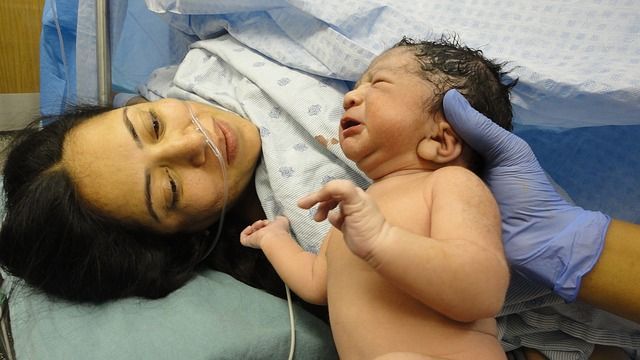ADOPTION & ART ATTORNEYS IN MARYLAND, DISTRICT OF COLUMBIA & VIRGINIA
How Do We Know the Birth Mother is Telling the Truth About her Background?
Adopting a child is one of the most important decisions you can make in your life, so it is both natural and necessary that you would be interested in the birth mother's background. This is where birth mother screening services come in.
These services are a vital part of the adoption process, because they provide the birth mother with a complete understanding of what to expect and provide your agency with comprehensive information to insure you the best possible match.
WHY WE SCREEN BIRTH MOTHERS
The screening process protects you, the adoptive parents, and the agency from a variety of potential problems, such as:
The birth mother is not fully committed
Making the decision to give a child up for adoption can be a highly emotional one. Some birth mothers get cold feet. Others may not fully understand everything involved or the permanency of adoption. The questions asked are designed to help mothers be certain they are ready to make the commitment.
The adoption process is interrupted
The screening process includes counseling and support so that birth mothers remain confident of their decision.
The birth mother doesn't receive proper prenatal care
Your agency should coordinate the birth mother's prenatal care and encourage her to maintain healthy habits throughout her pregnancy.
The birth mother is a scammer
While rare, there is always a possibility that a woman will fake a pregnancy to scam adoptive parents out of money. A reputable adoption agency has the experience to identify a scammer.
THE SCREENING PROCESS
While every agency its own methodology for screening birth mothers, all reputable will include the following criteria:
Medical History
As an adoptive parent, you will want to be prepared for any possible complications during pregnancy or what your child may be predisposed to later on life. A complete, detailed medical history of both the birth mother and her family ensure that both you and your child are prepared for any potential medical issues that may occur in the future.
Social History
An experienced adoption knows the right questions to ask to determine whether or not the birth mother has a history of substance abuse. This is something you are entitled to know, especially if it has continued into her pregnancy.
Ongoing Support
Your birth mother is carrying the most precious person in your life, your child. Whatever benefits her during this time is also benefiting your baby. This includes education, counseling, and emotional support. When an adoption agency provides ongoing support to the birth mother, it not only helps ensure the health of your child but also gives the agency a window into how she is coping with her situation. Her feelings, including any possible fears or concerns, are a reflection of her commitment level, something of which you would want to be kept informed.
GET TO KNOW YOUR BIRTH MOTHER
There is no better way to stay in the loop than to make your birth mother part of that loop. Remember, while you are making plans to embark on the most amazing journey of parenthood, your birth mother is making the most selfless decision of her life. Show her that she's making the right choice, give her a reason to trust you, and you can develop a beautiful relationship, bonding over the wellbeing of a precious child.
Your birth mother wants to get to know you. She wants to envision what life will be like for her child. Be yourself and so will she.





“We believe in working with each of our clients—in support of their family dynamic—to make the dreams of parenthood a reality. Whether you are single or married; or gay; a step-parent, a surrogate or intended parent or a child of adoption, it is our mission to serve as your advocate. With a dedication to the ethical and sensitive nature of each situation, we will help you understand the laws within Maryland , Virginia and Washington, DC for adoption or surrogacy, and pledge to be your partner throughout the journey.”
- Modern Family Formation Law Offices
CONTACT
All Rights Reserved | privacy policy







